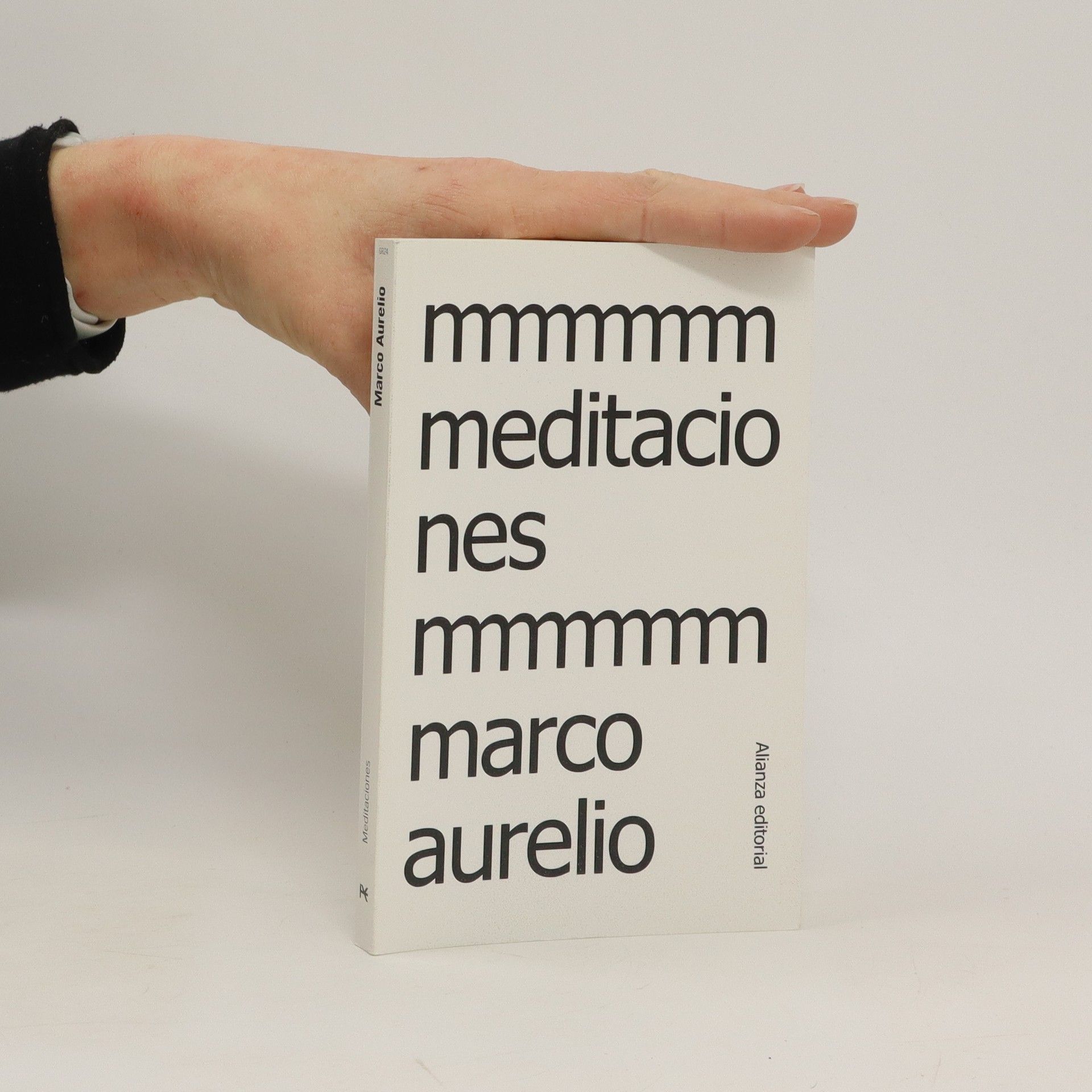Colmillo blanco
- 260 páginas
- 10 horas de lectura
"Colmillo Blanco" ilustrado, único en su clase. Colmillo Blanco es una novela del escritor estadounidense Jack London (1876-1916). Inicialmente aparecida por entregas en la revista Outing, fue publicada en 1906. La historia transcurre en el Territorio del Yukón, Canadá, durante la Fiebre del oro de Klondike a fines del siglo XIX. Narra el camino hacia la domesticación de un perro lobo salvaje. La mayor parte de la novela está escrita desde el punto de vista del personaje canino, lo que le permite a London explorar la forma en que los animales ven su mundo y a los seres humanos. Colmillo Blanco examina el violento mundo de los animales salvajes y el igualmente violento mundo de los humanos. La novela además explora temas complejos, como la moral y la redención. Ha sido adaptada al cine varias veces. Esta edición contiene 11 ilustraciones de Dino Di Lena, un reconocido artista italiano.






